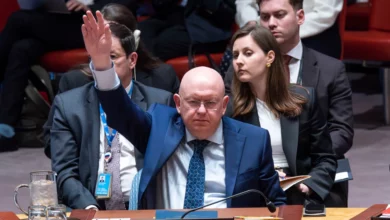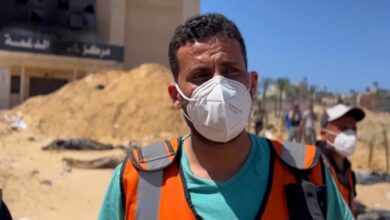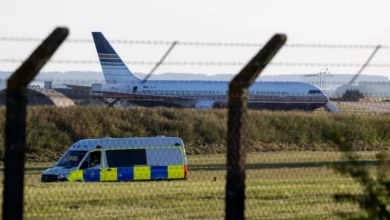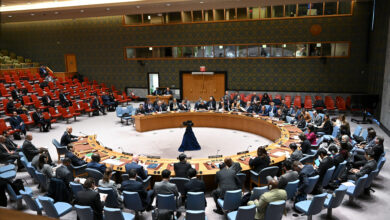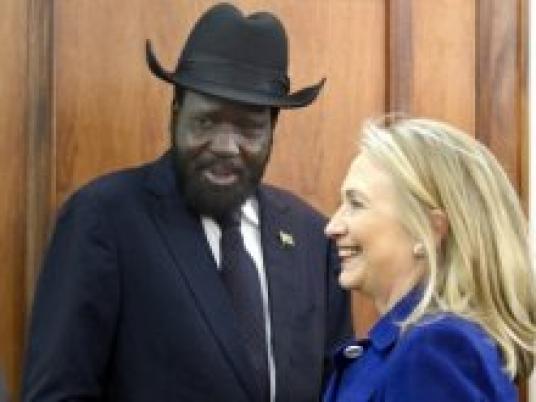
World leaders stepped up efforts on Sunday to pull South Sudan back from the brink of all-out civil war, as fighting raged across the country including in a key oil-producing region.
Special envoys from the United States and Nigeria were flying into the capital Juba, following on from a mission by foreign ministers from east Africa and the Horn and after an appeal for an end to the violence from United Nations chief Ban Ki-moon.
Fighting has been raging in South Sudan for a week, after President Salva Kiir accused his former deputy Riek Machar of attempting a coup. Machar has denied this, and has accused Kiir of carrying out a vicious purge of his rivals.
The fighting has left hundreds dead and sent tens of thousands of people fleeing for protection in UN bases or to safer areas of the country, which only won independence from Sudan in 2011 but has been blighted by ethnic divisions, corruption and poverty.
The fighting has both ethnic and political dimensions, as troops loyal to Kiir, an ethnic Dinka, battle forces backing Machar, a Nuer.
Foreign governments, including those of the US, Britain, Uganda and Kenya, have been organising special evacuation flights to pull out their nationals. On Saturday four US servicemen were wounded when their planes were fired at in a rebel-held area.
The attack underlined the increasingly dangerous situation in South Sudan, where at least one UN base has also come under attack in recent days — with the deaths of two Indian peacekeepers and possibly dozens of civilians.
President Barack Obama warned against continued fighting.
“Any effort to seize power through the use of military force will result in the end of longstanding support from the United States and the international community,” the White House said.
South Sudan's government meanwhile acknowledged that much of Unity State, the country's main oil-producing area, was in the hands of the rebels.
CRUCIAL OIL FIELDS
Forces loyal to Machar were also still in control of Bor, the capital of Jonglei state and situated about 200 kilometres (125 miles) north of Juba, although South Sudan's army spokesman said government troops were advancing.
“Bor is still under the control of Peter Gadet forces. The SPLA is still moving towards Bor but have not yet captured Bor," Sudan People's Liberation Army spokesman Philip Aguer told AFP.
A local official in Bentiu — the rebel-held capital of Unity State — said the area was littered with bodies following the fall of the town, which was prompted by the defection of a top government commander.
“There are so many bodies, over a hundred not yet buried,” the local official, who asked not to be named, told AFP.
Army spokesman Aguer confirmed that “Unity State is currently divided, with the SPLA and the loyalists to the government on one side and those who are supporting
Riek Machar on the other.”
“We are not in control of Bentiu and we don’t know how many people are wounded and how many people are killed,” Aguer said.
Oil production accounts for more than 95 percent of the country's fledgling economy, and the sector has been hit with oil companies also flying out their employees after the death of at least five South Sudanese oil workers Wednesday.
Juba's ambassador to Khartoum, however, insisted on Sunday that oil facilities had not been damaged and oil was still flowing.
Tens of thousands of South Sudanese have fled their homes, many seeking shelter at UN bases amid warnings the impoverished nation was on the brink of all-out civil war.
“I am afraid. I just can't imagine being forced to become refugees again,” said Susan Nakiden, a South Sudanese woman among the thousands sheltering at a UN base in Juba. The mother of three said she had already been forced to flee her home during the Sudanese civil war.

